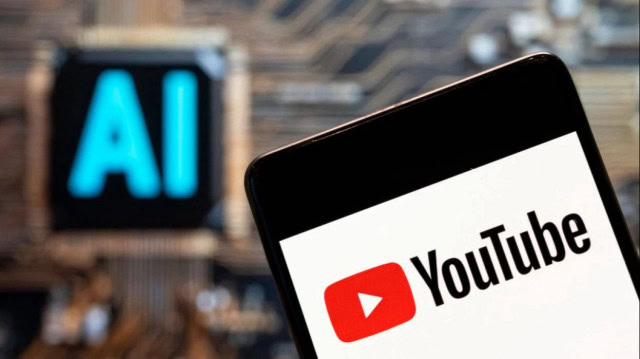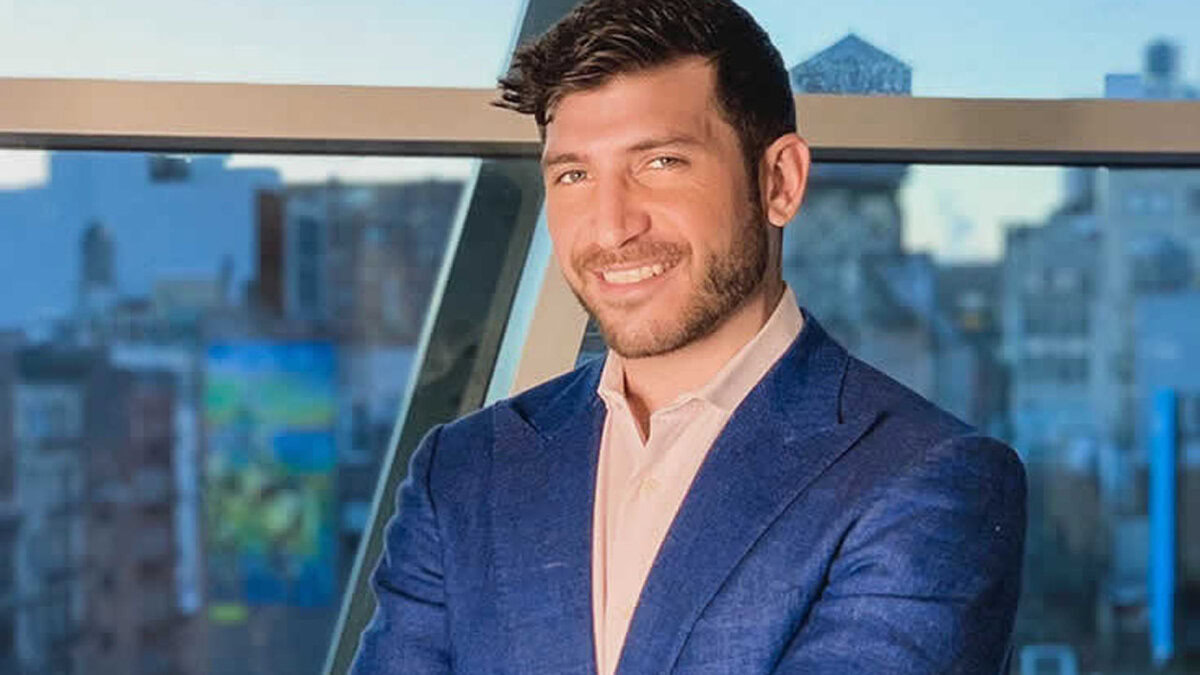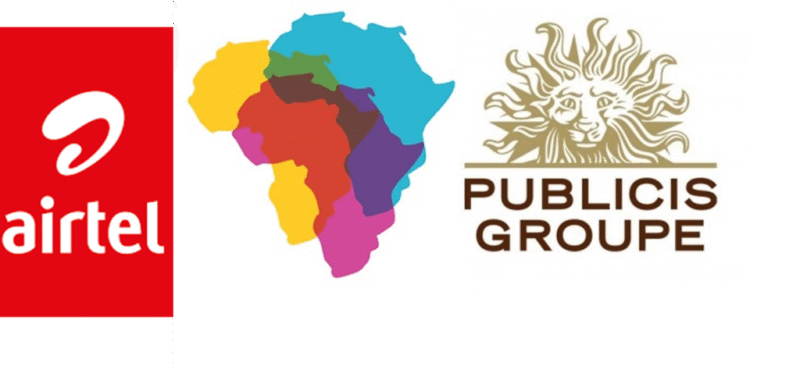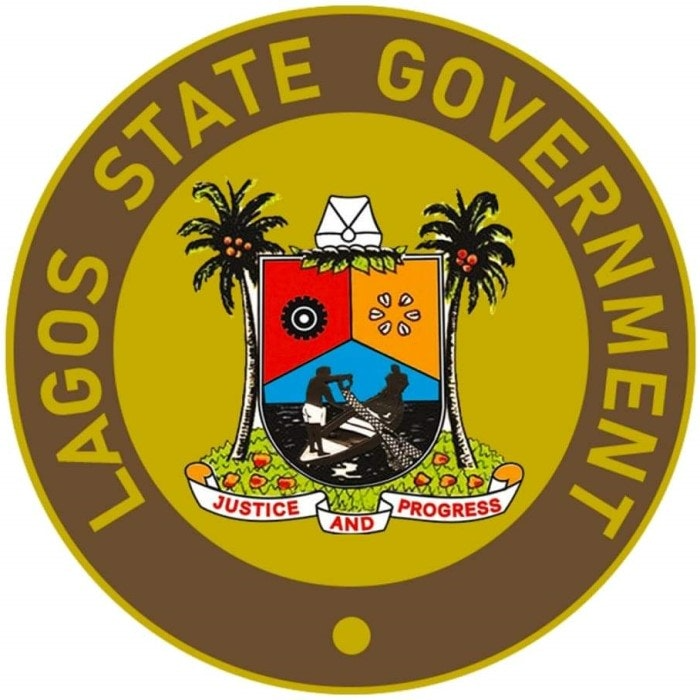Nigerian brand survival crisis deepens as PZ and MultiChoice face massive losses, bold recoveries, and pressure to adapt in Nigeria’s tough economy
Whether you’re hustling under the sun selling tomatoes or closing million-naira deals in some fine, air-conditioned office, one truth connects us all: this economy no get friend.
Also read: PZ Cussons Nigeria profit jumps to N5.54bn in 2025, marking stunning recovery from previous losses
Prices have gone completely off track; bread, fuel, eggs, diapers, even ordinary data.
So honestly, it’s no longer shocking when even the so-called “big brands” start to fall like mangoes during the rainy season.
Take PZ Cussons, for example. Those people that brought us the soaps and creams we all grew up with; Imperial Leather, Premier, Cussons Baby, you name it.
By the end of 2023, the company was neck-deep in wahala. Their account balance was dripping red, and the main culprit? The naira, which was falling faster than pride in Lagos traffic.
With the pound getting stronger by the day, PZ recorded over £88 million in foreign exchange losses.
As expected, shares began to crash, dividends were cut off like NEPA light, and people started whispering: “Is PZ about to leave the Nigerian Stock Exchange?”
But this is Nigeria.
People don’t fold their hands and just watch.
Shareholders stood up. They demanded answers, a rescue plan; anything but silence.
And somehow, something good came out of the pressure: a bold $40 million debt restructuring plan.
They converted their dollar debts into naira.
Risky move, but timely. By May 2025, PZ surprised everyone by bouncing back with over ₦5 billion profit; a massive U-turn from their ₦76 billion loss the year before.
While that drama was unfolding, MultiChoice Nigeria; you know, the DStv and GOtv guys, were fighting their own battles.

Between late 2023 and mid-2025, over 1.4 million Nigerians unsubscribed.
People were like, “Why pay for DStv when there’s no light to watch it?” And with fuel prices going crazy and tariff increases dropping like rainfall, many just quietly pressed “cancel subscription.”
Then came more drama. The government stepped in.
FCCPC dragged MultiChoice to court for increasing prices despite being told not to.
Nigerians watched like it was a real-life court series; only this time, it wasn’t fiction. People started asking tough questions: how much is too much? When your customers are struggling to eat, should entertainment still feel like a luxury tax?
But MultiChoice didn’t just sit and cry. While DStv was bleeding, they poured energy into Showmax—their streaming platform.
They started pushing more local content, experimenting with flexible payments, and even talking about bundling Netflix into their service.
They understood: if you can’t adjust in this economy, you go fade.
So, what’s the big picture here?
Big brands are not immune. The same wahala squeezing small businesses is also squeezing them.
In fact, if you look closely, PZ Cussons and MultiChoice are just the corporate versions of everyday Nigerian hustlel trying to stay afloat, trying to stay useful, trying not to sink.
Because let’s face it; doing business in Nigeria right now isn’t about growth. It’s about survival.
Also read: MultiChoice Nigeria data violation fine hits ₦766 million
And if even the giants are gasping for breath, you can imagine how hard it is for the rest of us.
Oreoluwa is an accountant and a brand writer with a flair for journalism.




























